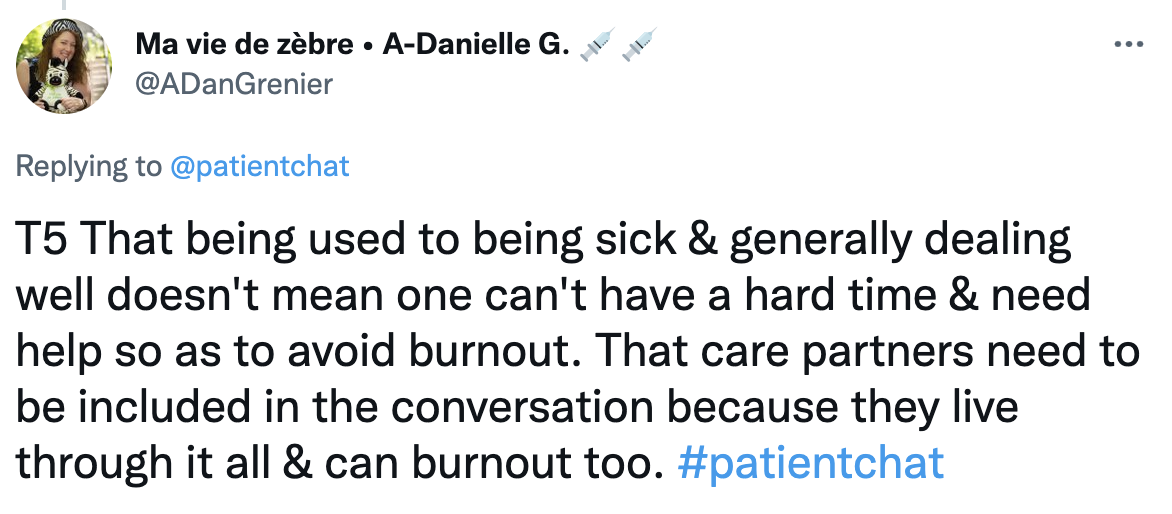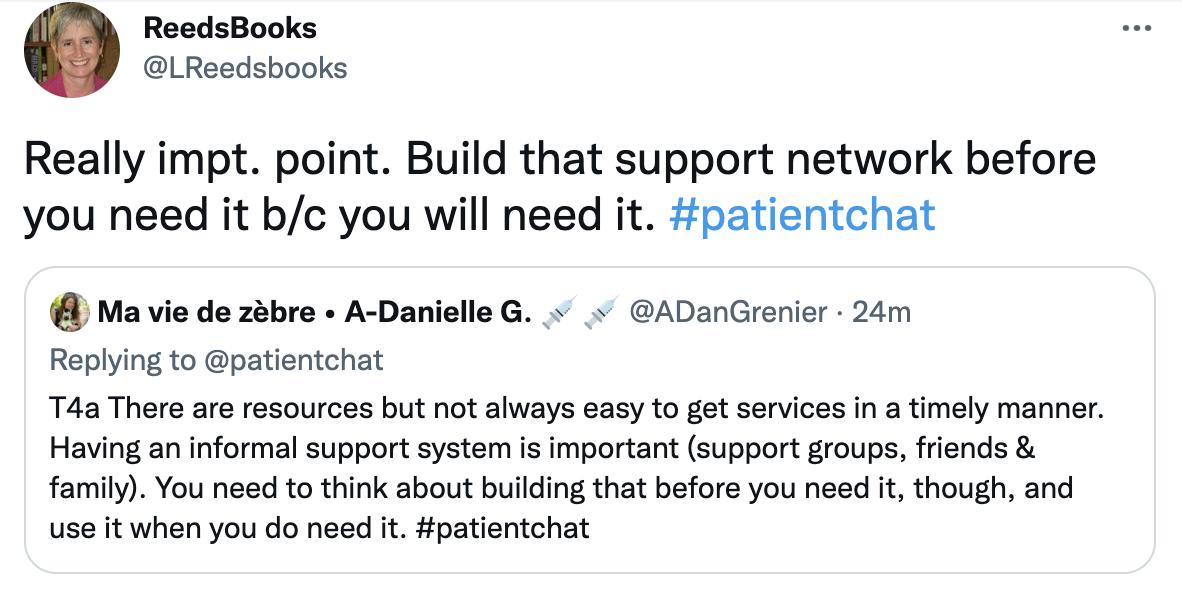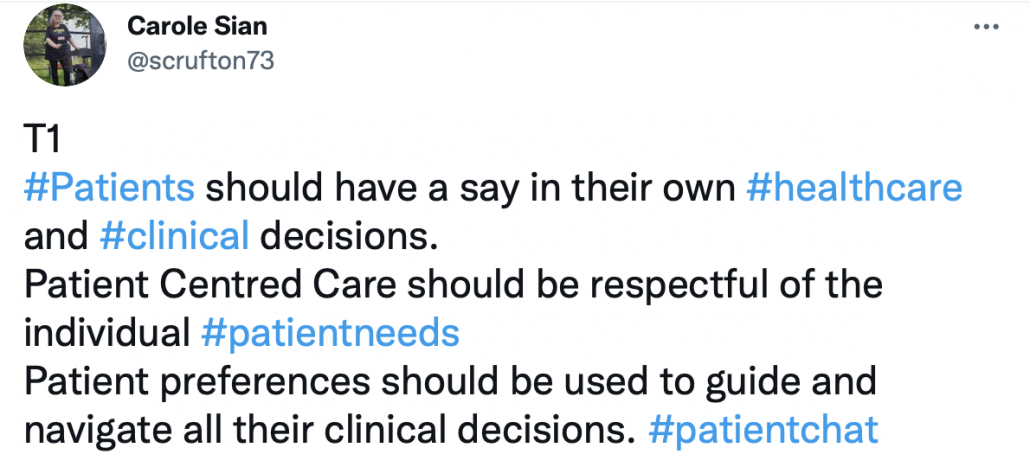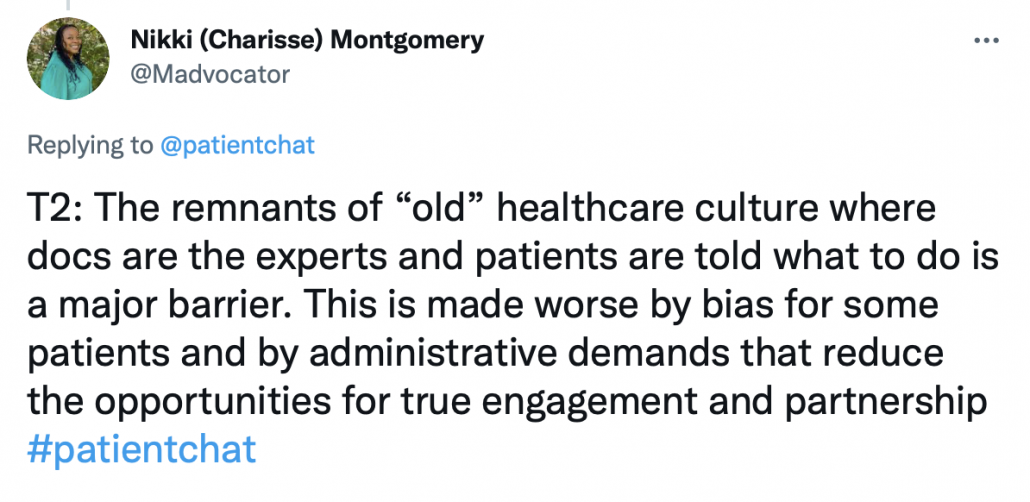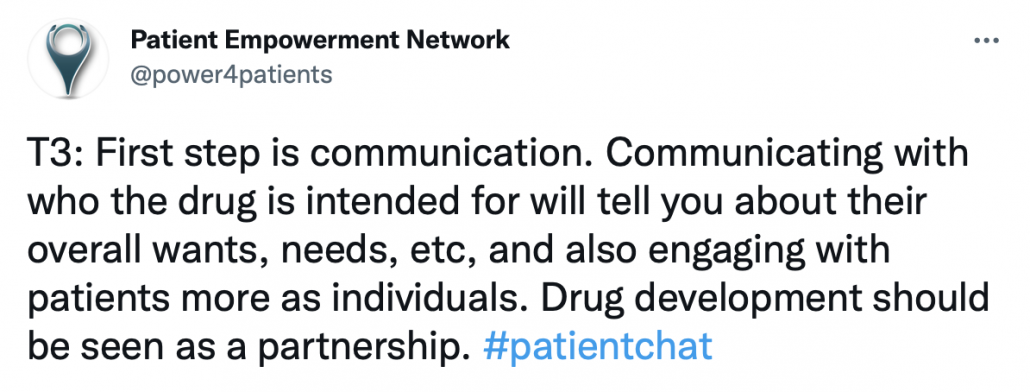Patient involvement in every facet of healthcare is incredibly important in creating better patient outcomes. I believe this is especially true in the rare and chronic disease communities, including cancer. One facet that is particularly key for patient engagement is the development of drugs produced through the clinical trial process.
Clinical trials can cost millions to fund with the goal of producing a product(s) that may or may not help it’s targeted disease population. Thousands of patients rely on these trials to find a cure and/or enhance their quality of life by providing symptoms of relief. Yet many don’t know about them, and if they do, it’s a struggle to find them, much less enroll in one.
As a person who takes on many roles, including a rare disease patient and a cancer patient, as well as someone who has translated clinical trial protocols for a lay audience and now recruits for those trials, I have seen firsthand the barriers that patients face when it comes to potentially life-saving treatments. Below is what I have encountered and what we as healthcare professionals can do about it:
Visibility Into Clinical Trials
While most patients know of and about clinical trials, they are often not aware that they may be an option for treatment. Healthcare is a business, and because of this, doctors feel like they’re “losing” their patients (aka revenue) when they refer their patients. However, most healthcare organizations, facilities, etc. boast that they’re focused on patient-centered care. Patient-centered care means focusing on the needs of each patient and providing the best treatment possible even if it comes from another source.
The Language of Clinical Trials
Clinical trials are often discussed using medical jargon that is too confusing for patients to understand, especially the eligibility criteria. Patients should not be expected to learn a new language to understand the treatment process. Rather, they need resources that will help them understand if they qualify, what will happen in the trial, and how long they’ll be in the trial for.
Outcomes of Clinical Trials
A patient who had participated in a clinical trial once told me that the investigators focused mainly on whether the drug that she was receiving was treating her condition and never considered her quality of life. Quality of life should automatically be included as a measurable outcome in each clinical trial even if it’s not the main purpose.
Involvement in Clinical Trials and Drug Development
Patient centricity, as written above, has become a buzzword in the healthcare industry. The drug company, AstraZeneca, defines it best: “Putting the patient first in an open and sustained engagement of the patient to respectfully and compassionately achieve the best outcome for that patient and their family.” Are we really doing this if patients aren’t involved in the drug and clinical trial development processes?
How can patients invest themselves, and the government and pharma invest in patients, to potentially get a better ROI?:
- Look at Patient-Centered Outcomes Research Institute’s website, whose work focuses on outcomes most important to patients and research that focuses on gold-standard randomized controlled trials, as well as observational studies.
- Sign up for AstraZeneca’s Patient Partnership Program
- Research articles on drug development for your disease and contact the authors
- Engage in the FDA’s Patient Representative Program
- Join the FDA’s Center for Devices and Radiological Health (CDHR)’s Patient Engagement Advisory Committee
- Join the FDA’s Patient Engagement Collaborative
- Participate and/or request a Patient Listening Session
- Present at an Open Public Hearing Portion of an FDA Advisory Committee Meeting
- Get involved in:
- The FDA’s Center for Drug Evaluation and Research (CDER)’s Patient-Focused Drug Development program by subscribing to their email updates
- A patient advocacy group and/or think tank
- An organization related to your diagnosis that may have doctors on their Board that you can reach out to and share your story and the importance of involving patients
Find more information in this PDF created by Global Genes
Carly Flumer is a young woman who was diagnosed with stage I papillary thyroid cancer at the age of 27. She recently received her Master’s degree from Boston University in Health Communication and received her Bachelor’s from George Mason University in Health Administration and Policy. While being diagnosed with the “C” word at such a young age was a surprise, as it would be to anyone, she found strength, support, and inspiration in sharing her cancer journey on social media. As a result of her health outcome, she looks to advocate for other cancer patients through education, research, and health literacy.

